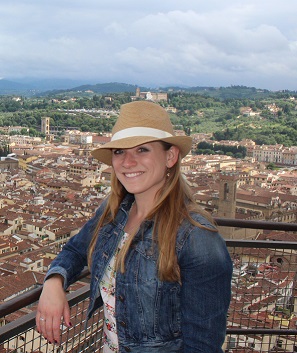- Home
- Student Resourcs
Undergraduate Research
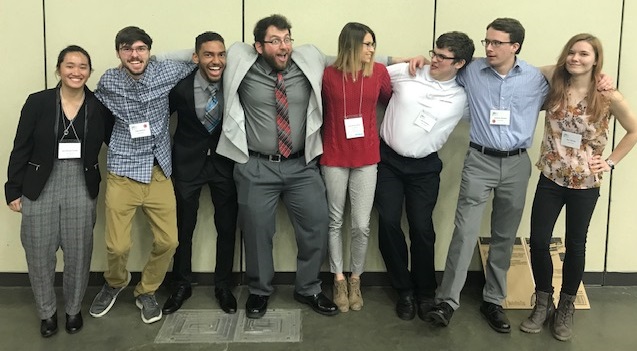
As a faculty member at Lewis, I have enjoyed including undergraduate students in independent studies and research projects.
I have worked with over 35 students on projects involving math education, linear algebra, statistics, and data science. This picture includes students who presented
their research at the 2019 Joint Mathematics Meetings.
Interested in working with me on research?
Right now I have 3 main research projects that I work on with students:
Project 1: Modeling DNA Self-Assembly: Motivated by the discovery of new laboratory techniques, graph theory has recently become useful
in the study of self-assembling DNA complexes. These nanostructures have wide-ranging applications in the field of nanotechnology. By modeling nanostructures with discrete graphs,
efficient DNA self-assembly becomes a mathematical puzzle. This research involves creating and proving optimal
construction strategies in order to create target complexes.
Background Needed: This research can be introduced to students with little mathematical background.
Project 2: Applying Linear Algebra to Sports Analytics: Ranking sports teams can be a challenging task and using
straight win percentage can be misleading at times.
Among the many mathematically inspired sports ranking systems, linera algebra-based methods are among the most elegant
and simple. This research involves collecting sports data, creating inear algebra and probability-based models, and testing these models.
Background Needed: This research involves linear algebra, programming, and some data analytics and is appropriate for students who have taken Linear Algebra and have some programming background.
Background Needed: This research involves linear algebra, programming, and some data analytics and is appropriate for students who have taken Linear Algebra and have some programming background.
Project 3: Educational Research I am involved in several Scholarship of Teaching and Learning projects. Some of these projects ask questions
regarding the effect of non-traditional assessment and teaching methods on student anxiety and growth mindset.
Background Needed: This research involves some statistical analysis and data analytics and is appropriate for students who have taken
a statistics class. Students must also complete foundational training in human subjects research, ethical issues,
and current regulatory and guidance information.
REU's
Another great research opportunity to explore are REU's (Research Experiences for Undergraduates). I did one in Hong Kong as an undergraduate and I highly recommend them! If you are a student interested in applying to an REU check out this great site with a list of schools running REU's.How to help your chances of getting into an REU:
- Take a variety of math classes -don't just take the bare minimum.
- Do some research with a Lewis faculty member to get your feet wet.
- Have another person you trust like a faculty member look over your application essay
- Work hard in your math classes, getting good grades will help, but being able to work hard/develop grit, collaborate in groups, and learn to be self directed and motivated will help too!
- Get involved in outreach or clubs like Math Club or the Math Study Tables
- Develop a good rapport with your professors (because we are awesome, but also it helps us write a great letter for you!)

As an undergraduate, I was involved in two research projects. During the summer of 2005, I worked with my Taylor University professor,
Dr. Jeremy Case, on a project involving the intransitive results that arise in cross-country running and the permanent of a matrix.
The following summer, I was a part of a United States/Hong Kong REU in Numerical Analysis and Scientific Computing with Applications in
Applied Science and Engineering. Here I worked under the guidance of Dr. Weiwei Sun of City University and Dr. Graeme Fairweather
of Colorado School of Mines. My partner and I examined the spectra of finite difference differentiation matrices arising in the
finite difference solution of the Poisson equation on the unit square. You can read about the experience of an international Research Experience
for Undergraduates here. Here is a picture of me as an undergraduate and my REU cohort with the late Dr. Gene Golub of Stanford University.
Need a letter of recommendation?
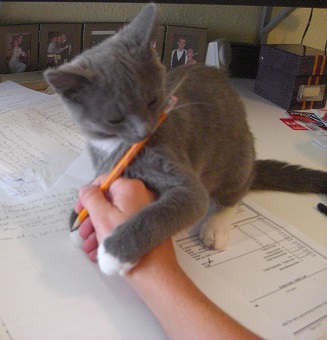
If you are considering asking me for a letter, please read the following information carefully, and in its entirety.
There are important details throughout. I want to encourage students to pursue further academic study, apply for scholarships, and find jobs,
so I am happy to help by writing a letter if you can follow the procedures below.
Please provide me with these materials at least 4 weeks before your first recommendation is due. Because I get many requests for letters,
I need that long to make sure I can get it done on time. You can still ask for a letter if it is within 4 weeks, but I may not be able to honor letter requests that come at the last minute.
I am happy to help by writing a letter if you can follow the procedures below.
- Consider if I am the best choice to write this letter for you. Do we know each other well enough for me to write something beyond ``so-and-so got a good grade in my class''? Letters that say only that can actually do more harm than good.
- Give me Information: If you do still want me to write you a letter, you should know that the key to effective recommendation letters is making them as detailed and specific as possible. I will write as many honest, specific, positive things as I possibly can based on my interactions with you. Nonetheless, you should consider giving me any other information that you think will help me write an even more detailed letter: transcript, resume, application essays, personal statement, or anything else.
- Please write a rough draft of your recommendation letter. No, this is not a joke! This is a fairly common practice in academia and it
serves a few purposes. First, it helps you analyze if the schools, scholarships, or positions you are applying for are really a good match.
Second, it gives me an idea of your self-perceived strengths. Third, it makes sure I don't miss anything you want me to talk about in your letter.
Don't worry: the actual letter I write will look nothing like your draft,
but your draft has the potential to make an important contribution to your letter.
Do not feel like you need to be modest in your letter. Also, realize that I am not ``testing'' you with this task.
You do not need to labor over your draft to impress me. You just need to write something honest that might be helpful as I write about you.
I will not write you a recommendation if you do not provide me with this draft. The draft should -at a bare minimum- include answers to these questions:
- What is your name, year/status in school, and field of study?
- How long have I known you, and what is my relationship(s) to you? (instructor, advisor, colleague, etc.)
- How would you describe yourself and what are your strengths?
- What are your long term goals and how will this position/award help you achieve them?
- What makes you particularly qualified for this position/award/Promotion?
- Please provide me with one paper or electronic packet containing everything I need to complete your recommendations.
You may want to use this document to help you complete this step.
This document should include:- A list summarizing where the letters have to go, and when they are due.
- For paper recommendations: any forms that I need to fill out to include with my recommendation letters along with pre-addressed, stamped envelopes.
- For electronic recommendations: a list of the email addresses or web sites where the recommendations must be submitted.
- If you so desire, any of the items mentioned above that will help me write an effective letter (transcript, resume, essays, and so on).
- Your draft of the recommendation letter.
A special thanks to Dr. Chad Topaz for sharing some suggestions for letter writing strategies!
Mathematics at Lewis University
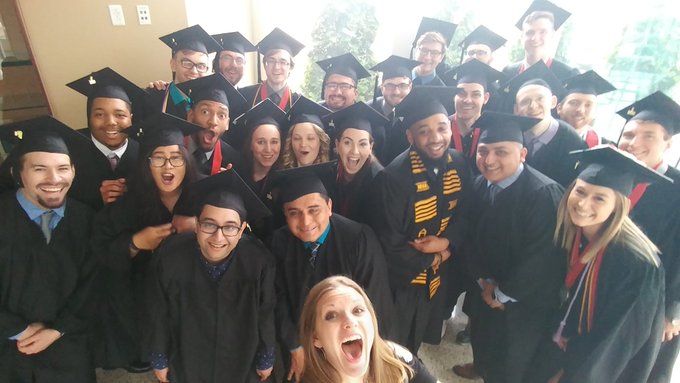
Adding a mathematics minor (or major) is a great way to make your resume stand out when you graduate.
Employers like to hire math majors because of their problem-solving skills, ability to abstract, attention to detail,
and their ability to think about a problem in different ways. Mathematics and Statistics careers are usually found at
the top of lists for
Interested in learning more about the program at Lewis?
Check out the following vidoes about our program:
- Overview Of Our Mathematics Program
- More Information About Mathematical Careers
- Details About Our Curriculum and Advice On What To Take And When
- More Information About Our Curriculum
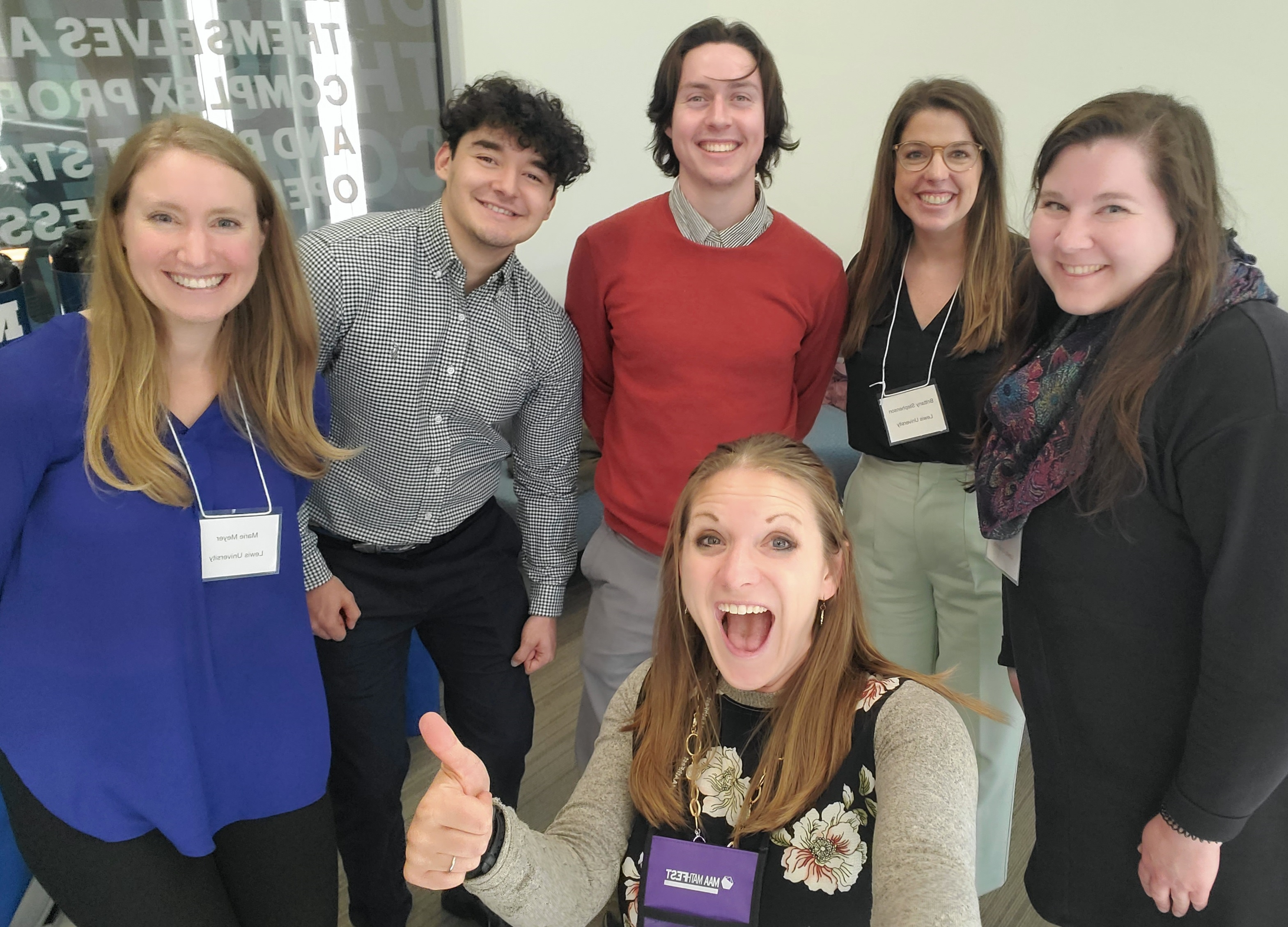
ACCA Calculus Competition Study Materials
Past ACCA Calculus Competition Exams
2016 Exam2015 Exam
2014 Exam
2013 Exam *Typos in numbers 6 and 7
2012 Exam
2011 Exam
2007 Exam
2006 Exam
2005 Exam
Past ACCA Calculus Competition Solutions
Please let Dr. Harsy know if you think there is a mistake or typo in any of these solutions. Thanks!
2016 Exam Solutions2015 Exam Solutions
2014 Exam Solutions
2013 Exam Solutions
2012 Exam Solutions
2011 Exam Solutions
2007 Exam Solutions
2006 Exam Solutions
2005 Exam Solutions
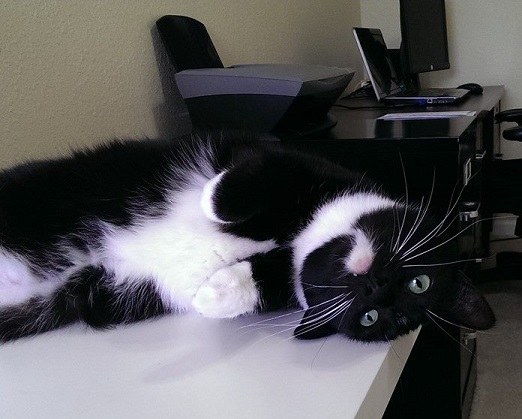
Please email Dr. Harsy if you have any questions! harsyram 'at' lewisu 'dot' edu
